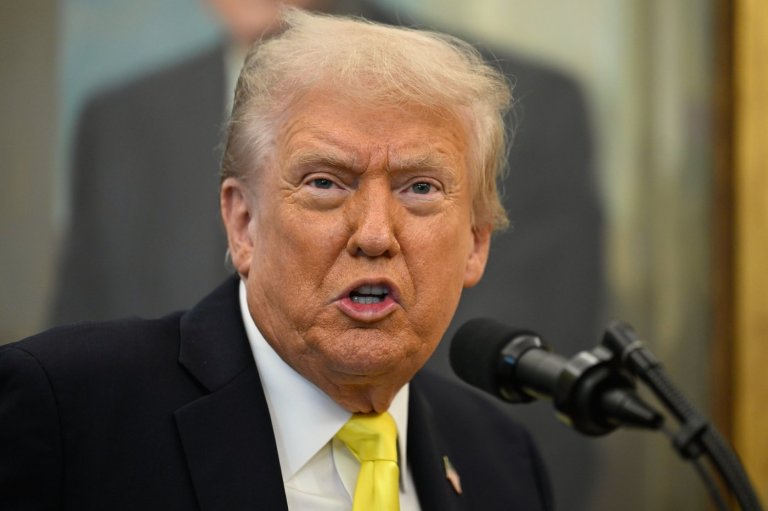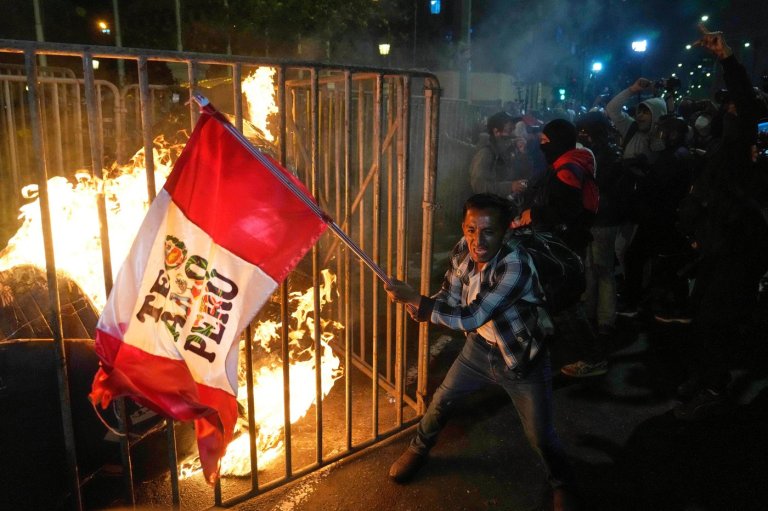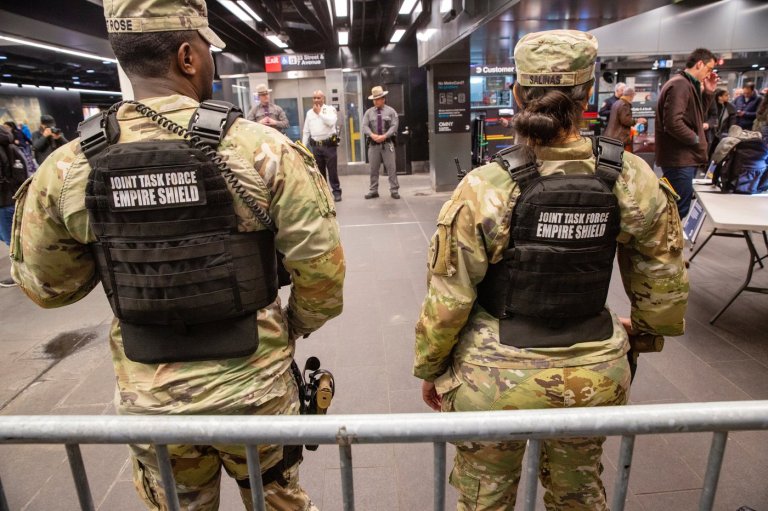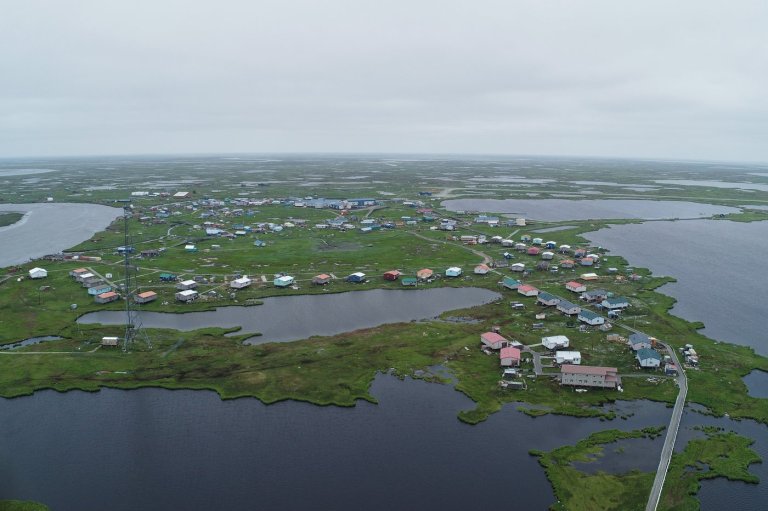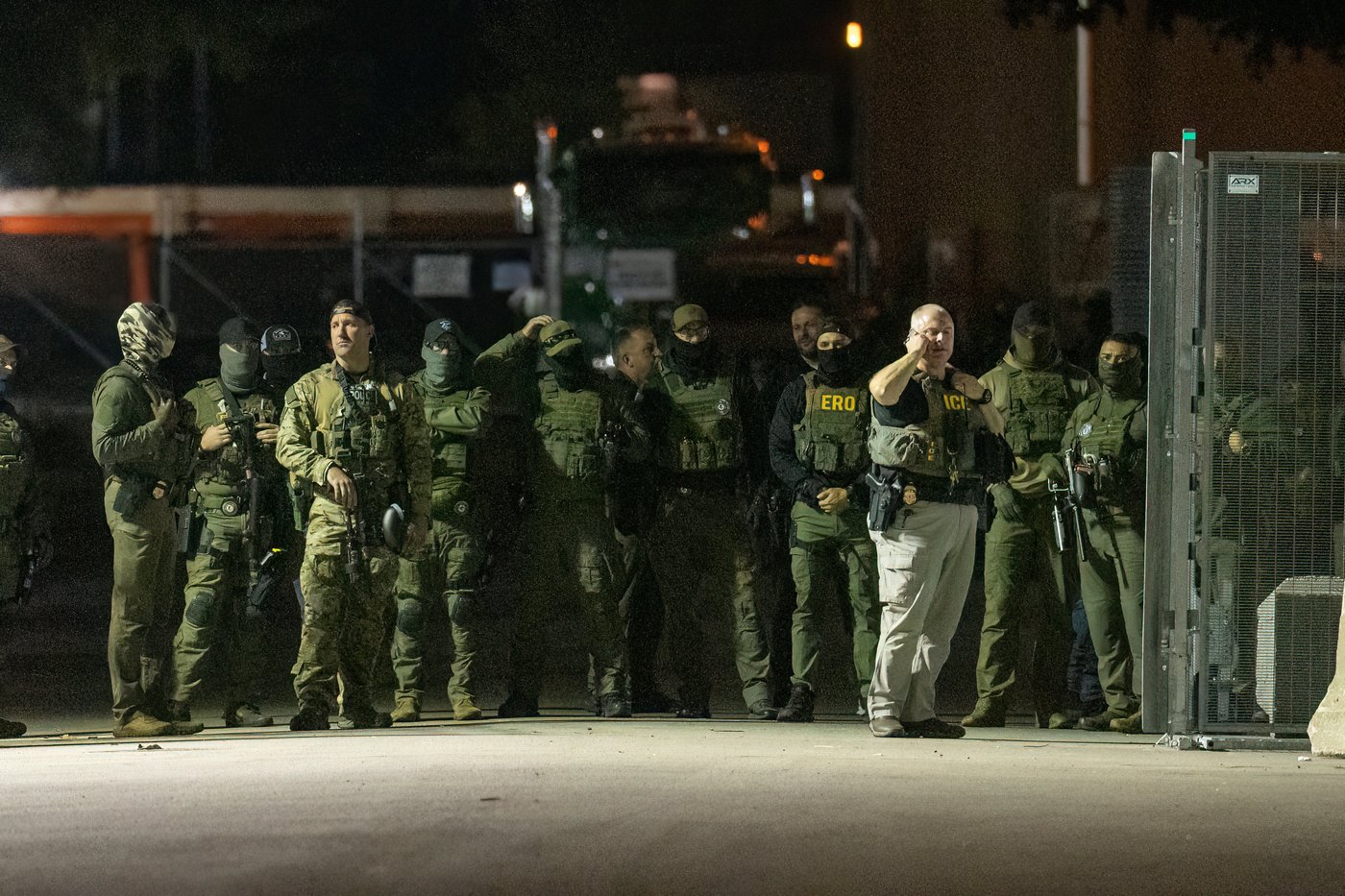
Federal immigration officers in Chicago area will be required to wear body cameras, judge says
CHICAGO (AP) — Troubled by clashes between agents and the public, a judge on Thursday ordered federal immigration officers in the Chicago area to wear body cameras and also summoned a senior official to court next week to discuss an enforcement operation that has resulted in more than 1,000 arrests.
U.S. District Judge Sara Ellis said she was a “little startled” after seeing TV images of street confrontations that involved tear gas and other tactics during President Donald Trump’s administration’s immigration crackdown in the nation’s third-largest city.
“I live in Chicago if folks haven’t noticed,” she said. “And I’m not blind, right?”
Community efforts to oppose U.S. Immigration and Customs Enforcement have ramped up in Chicago, where neighborhood groups have assembled to monitor ICE activity and film incidents involving agents. More than 1,000 immigrants have been arrested since September.
An immigration enforcement building in Broadview, outside Chicago, has been the site of regular protests.
Separately, the Trump administration has tried to deploy National Guard troops, but the strategy was halted last week by a different judge.
Ellis last week said agents in the area must wear badges, and she banned them from using certain riot control techniques against peaceful protesters and journalists.
“I’m having concerns about my order being followed,” the judge said.
“I am adding that all agents who are operating in Operation Midway Blitz are to wear body-worn cameras, and they are to be on,” Ellis said, referring to the government’s name for the crackdown.
U.S. Justice Department attorney Sean Skedzielewski laid blame with “one-sided and selectively edited media reports.” He also said it wouldn’t be possible to immediately distribute cameras.
“I understand that. I would not be expecting agents to wear body-worn cameras they do not have,” Ellis said, adding that the details could be worked out later.
She said the field director of the enforcement effort must appear in court Monday.
Gov. JB Pritzker praised the judge’s ruling, saying the government’s statements about arrests and other incidents, including last month’s fatal shooting of a suburban Chicago man, have often been inaccurate.
“They clearly lie about what goes on,” he told reporters. “It’s hard for us to know right away what the truth is.”
In 2024, Immigration and Customs Enforcement began deploying about 1,600 body cameras to agents assigned to Enforcement and Removal Operations.
At the time, officials said they would be provided to agents in Baltimore, Philadelphia, Washington, Buffalo, New York and Detroit. Other Homeland Security Department agencies require some agents to wear cameras. U.S. Customs and Border Protection has released body-camera video when force has been used by its agents or officers.
Join the Conversation!
Want to share your thoughts, add context, or connect with others in your community?
You must be logged in to post a comment.














